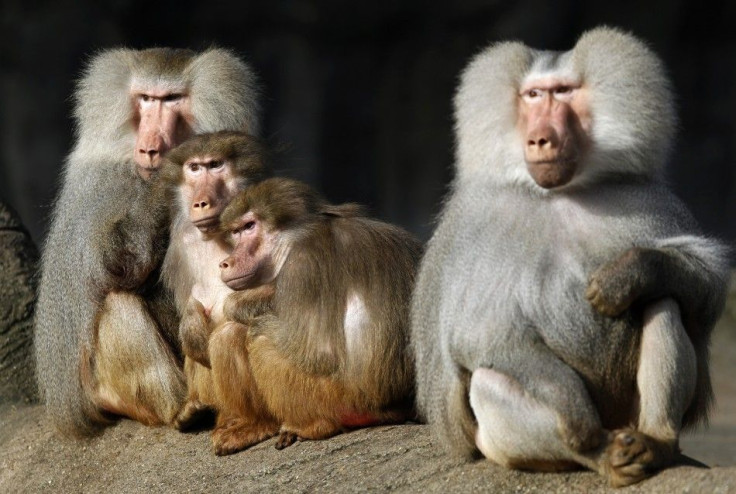Alpha Males Are Stressed, Better to be a Beta: Study

While typically being labeled an alpha male would be seen as a compliment, it now might mean you actually suffer from more stress, according to a recent study.
A Princeton University conducted study of baboons, set to be published in Science, shows that alpha males actually have more stress than beta males because of the effort it requires to stay as the alpha male.
Alpha male baboons have to protect their spot at the top as well as protect access to the more desirable female baboons. All of this extra work means extra stress. Beta males on the other hand don't have to battle to stay on top and don't have to fight nearly as much for access to females, allowing for them to live a reduced stress life.
We've known for decades that alpha males have an advantage in reproduction, but these results show that life at the top has a real downside, and that being an alpha male comes at a real cost, said Professor Susan Alberts.
According to the researchers, baboons are actually quite similar to humans because both live in complex environments, allowing for some to think the alpha male stress also applies to humans.
An important insight from our study is that the top position in some animal - and possibly human - societies has unique costs and benefits associated with it, ones that may persist both when social orders experience some major perturbations as well as when they are stable, said Professor Laurence Gesquiere.
There are certainly differences between the societies of baboons and humans though. Baboons rely purely on aggression, while societal status for humans is a bit more complex.
When humans invented inequality and socioeconomic status, they came up with a dominance hierarchy that subordinates like nothing the primate world has ever seen before, said Robert Sapolsky, a professor at Stanford University.
But even though the results of the baboon study don't directly apply to humans, the closeness between the two at least encourages a closer look at the stress levels of alpha male humans.
Baboons are likely to be good models to provide insights for identifying the ideal position in a complex society under different conditions.
Our results point to the need for research that will identify and evaluate the specific costs and benefits of various status positions, in various species, types of organizations and groups, and under different ecological conditions.
Princeton University researchers studied 125 male baboons in Amboseli, Kenya for a nine-year period. Its results derived from the analysis of the baboons' fecal matter over that time period. They didn't study female baboons because of the complexity in deciphering hormone changes during pregnancy and nursing.
© Copyright IBTimes 2025. All rights reserved.





















